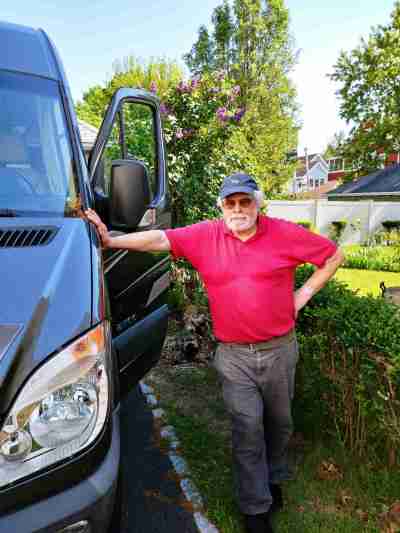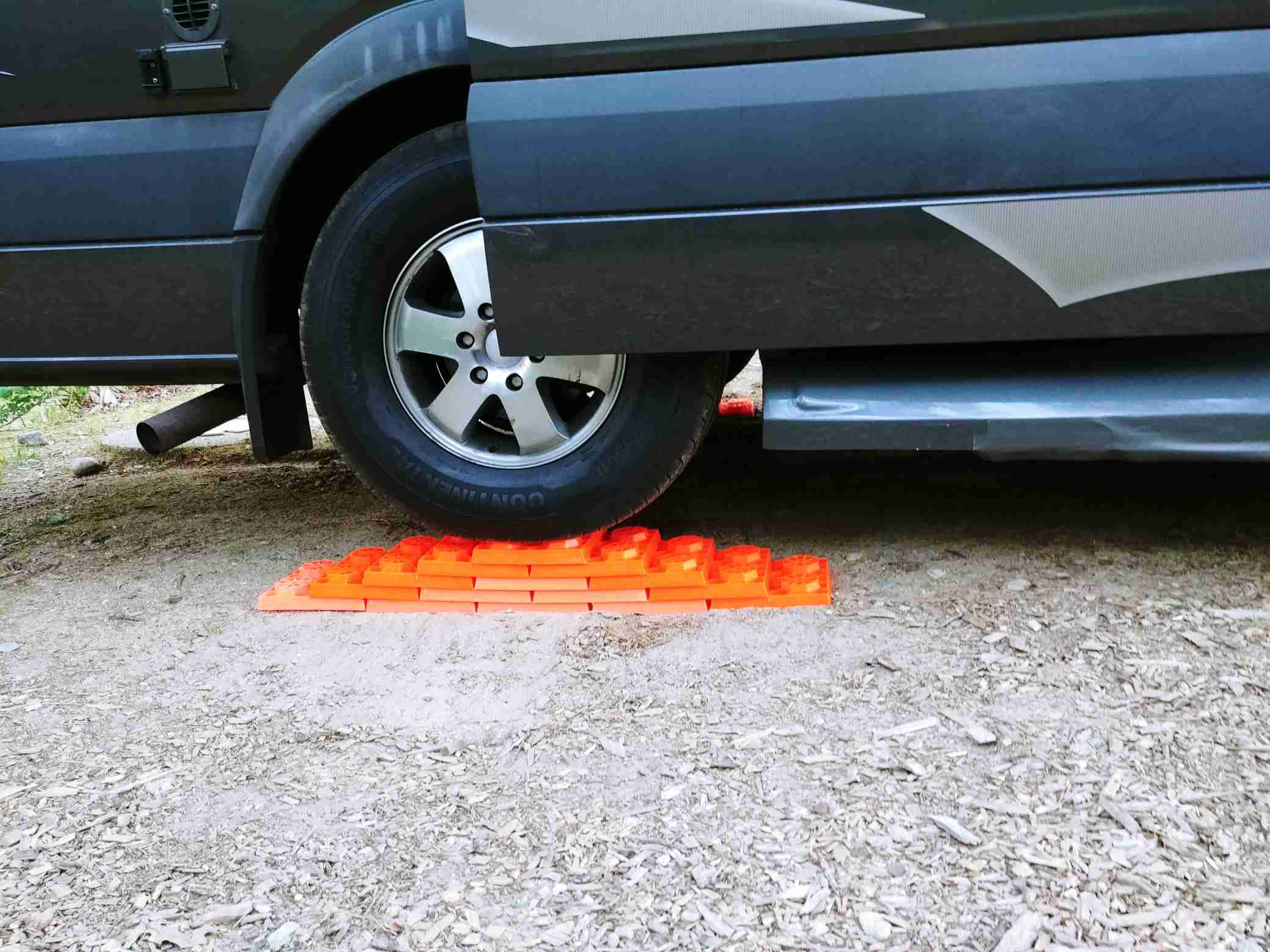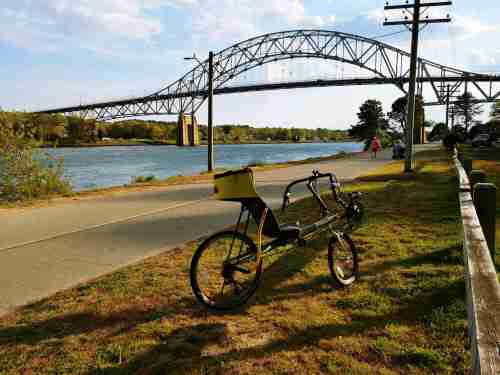I’ve headed back to my favorite part of Cape Cod for Writing Retreats, this time as my first expedition in the Mothership! Here I am taking command, ready to leave, having worked the dock crew’s fingers to the bone getting everything ready.

A few minutes after this is taken, I hit the spacelanes, full of confidence.
You know, everything looks different from the bridge of this ship. I like this perspective. My, aren’t those F-150 pickups the most adorable little cub trucks? Wait—is that a Ranger like mine, or a toy truck? Must be a toy. My Ranger isn’t that little.
The confidence takes a hit an hour in, when I make a stop and discover what I forgot to pack: my wallet. Drivers license. Money. Credit cards. Nooooo! Grumbling, cursing, 180 turn. Back home for the wallet. Then back onto the spacelanes, somewhat deflated. The more so when the Check Engine light comes on. Gritting my teeth, I forge ahead. Real spacemen don’t stop for no stinking Check Engine lights! Would Neil Armstrong have stopped? Hell no!
(Okay, I eventually stop and scan the code. Non-mission-critical. Steady on course, Mr. Sulu.)
I arrive and set up in the dark. Why does this always happen? Connect water—check. Connect power—check. Remove bike from bed in back and lock it to the picnic table—check. Check that we’re level. Oh no. The site isn’t level. I jockey back and forth in vain. I wonder if this is why there’s a bag in the back marked “Levelers” full of oversized Lego pieces. I wonder what to do with them, hoping it doesn’t involve jacks. The internet comes to my rescue. It doesn’t involve jacks, but we’re not done setting up yet. It’s gonna be a long first night. Well, at least the wifi router in the cabin connects to the campsite wifi without trouble. (Yet…heh-heh.) Things will look better in the morning. Repeat after me.
Here’s the Mothership in daylight. Things do look better.

And here’s what you do with those oversized Lego pieces. You drive up onto them.

And here’s what you do to reward yourself. The campground is literally right next to the bike path.

The learning curve has begun.


